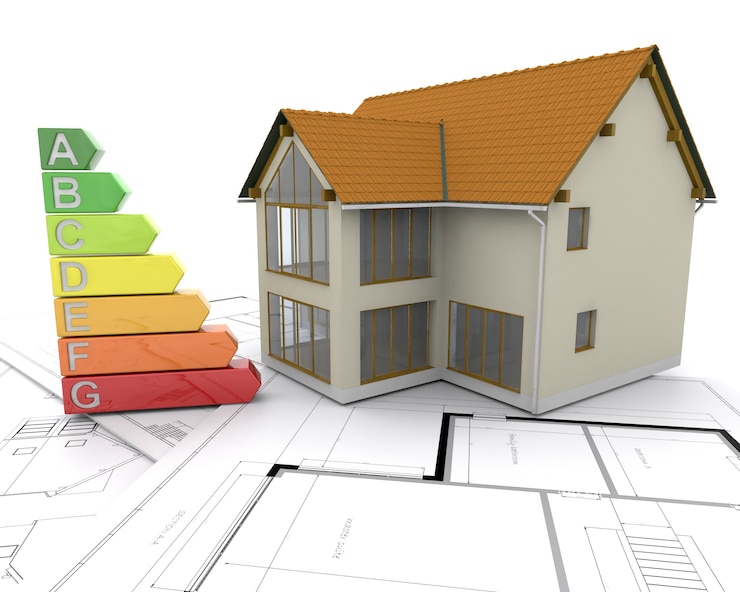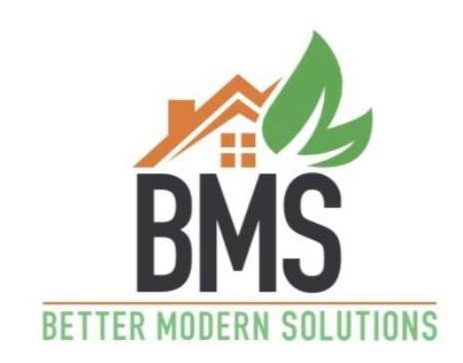Wondering how to initiate the process of enhancing your home’s Energy Performance Certificates? Look no further! At Energy Efficient You, we’re dedicated to assisting you in optimizing your energy usage. Leveraging our expertise as certified energy assessors, we provide Energy Performance Certificates (EPC) starting at only £60.

What Is An Energy Performance Certificate?
In the UK, an Energy Performance Certificate (EPC) is a document that provides information about the energy efficiency of a property. It is a legal requirement for most buildings when they are constructed, sold, or rented out. The purpose of the EPC is to give potential buyers or tenants insight into the energy efficiency of the property and its environmental impact.
The certificate includes a rating for the property’s energy efficiency and environmental impact. The ratings are on a scale from A to G, with A being the most energy-efficient and G being the least. The EPC also provides recommendations for improving the property’s energy performance, such as installing insulation or using energy-efficient lighting.
EPCs are typically valid for ten years, and they are produced by qualified energy assessors who visit the property to gather relevant information about its construction, heating systems, insulation, and other factors influencing energy efficiency. The goal is to help individuals make informed decisions about the energy performance of a property and encourage the implementation of energy-efficient measures.
Energy Performance Certificate Valid For?
he validity period of an Energy Performance Certificate is 10 years. It is strongly advised to seek an EPC assessment whenever alterations to your building are made that might influence energy efficiency. Modifications affecting energy efficiency include insulation, HVAC systems, lighting and lightning controls, appliances and equipment, energy management systems, and the integration of renewable energy sources.
Energy Performance Certificate Assessment Involve?
In the UK, an Energy Performance Certificate (EPC) assessment involves a qualified energy assessor visiting a property to evaluate its energy efficiency. The assessment considers various factors related to the building’s construction, heating, lighting, and insulation to determine its overall energy performance. Here is an overview of what an EPC assessment involves:
Data Collection: The energy assessor collects data about the property, including its size, layout, construction materials, and insulation. They also gather information about heating systems, lighting, and other relevant features.
Inspection: The assessor conducts a physical inspection of the property to verify the gathered data. During the inspection, they may take note of the type of windows, doors, and heating controls, among other details.
Calculations: Using the collected data, the energy assessor performs calculations to determine the property’s energy efficiency rating. This rating is presented on a scale from A to G, with A being the most energy-efficient and G being the least.
EPC Generation: Based on the calculations, the energy assessor generates the Energy Performance Certificate. The certificate includes the property’s energy efficiency rating, recommendations for improving energy performance, and details about the assessor and the assessment process.
Issuance: Once the assessment is complete, the EPC is issued to the property owner or landlord. The certificate is valid for 10 years and must be made available to potential buyers or tenants.
Recommendations: The EPC provides suggestions for enhancing the property’s energy efficiency. These recommendations may include installing insulation, upgrading heating systems, or using energy-efficient lighting.
It’s important to note that EPC assessments are mandatory when a property is built, sold, or rented out. They are designed to inform individuals about a property’s energy efficiency and encourage the implementation of measures to reduce energy consumption and environmental impact.
